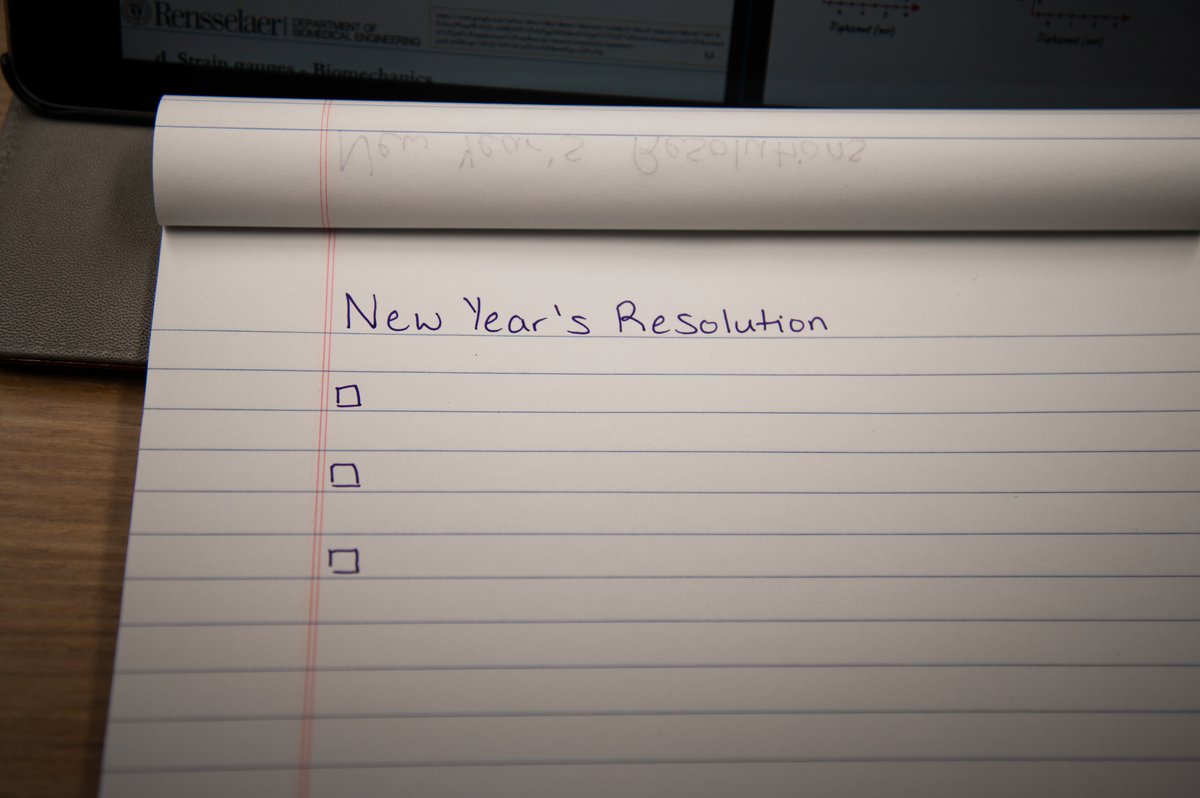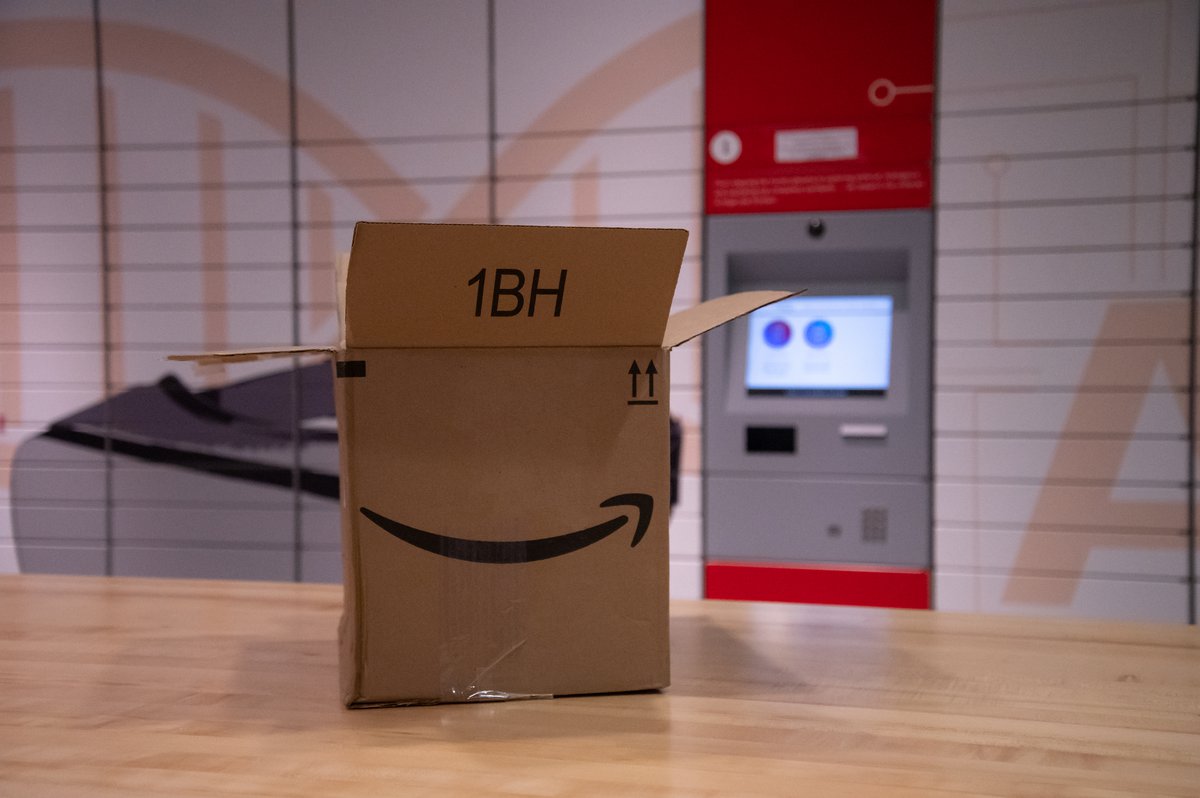The Appeal of Being Real
While typical burning questions consist of the regular pineapple on pizza debacle or whether water is wet, society today has a new burning question: are you being real?
The origin of this question lies in social media’s most recent focus—the new app known as BeReal. Marketed as encouraging users to reveal their most authentic selves, BeReal has drawn much of society under its influence. With minimal distractions and only one opportunity to engage per day, BeReal encompasses the epitome of the positives that social media entails. Without the possibility of mindless scrolling for hours on end, BeReal allows a chosen group to witness one moment someone chooses to share with others every 24 hours. A two-minute timer with a front and back camera photo encapsulates the idea of “Being Real,” giving it an edge over its social media competitors. The app lets users post even after the countdown has ended, and there is no emphasis on posting either the best or worst photo. Whether it’s a photo of you in your pajamas eating ramen in your dorm (for the third time that week) or a photo of a night out in Troy, BeReal allows you to be whoever you would like to be and keep a collection of memories that are entirely up to you. If anything, the app creates a personal notebook of photos, something only you can view as a reminder of what life has brought you as of late.
Over the past few years, social media has simultaneously risen as one of our generation’s greatest achievements and one of our greatest downfalls. When used correctly, social media can contribute to maintaining or creating relationships between people no matter the location. Job interviews are scheduled through LinkedIn, college roommates are found through Instagram, relationships are built through Snapchat. Social media can oftentimes be celebrated through how interconnected our world stays, especially during times like the pandemic. In times like those, there can be credit given to the online world we’ve integrated so much into our lives. However, there is also the side of social media that our generation is criticized for–the one where we become hooked on swiping, start scrutinizing ourselves for societal expectations of ‘perfection,’ and set societal norms based on idols and celebrities.
Out of all social media, BeReal is the app that negates those negative qualities. Compared to the others, BeReal should be applauded for its wholesome contribution to the virtual world. Rather than focusing on making people more addicted to their phones, it keeps society connected in a simple, real way. An app that steals your attention only once a day rather than all the time provides a basis for our generation to be remembered for wanting to check up on one another, not becoming obsessed with constant minute details in others’ lives. In this day and age where online presence is practically equivalent to in person, society’s understanding of how to efficiently and effectively integrate social media into our daily lives is essential to success. If society begins to move towards this new mentality of how we approach social media, the narrative of online and in person skills can be rewritten, remembered, and solidified. The first step to it all–start being real.

 Editorial Notebook
Editorial Notebook
 Editorial Notebook
Editorial Notebook